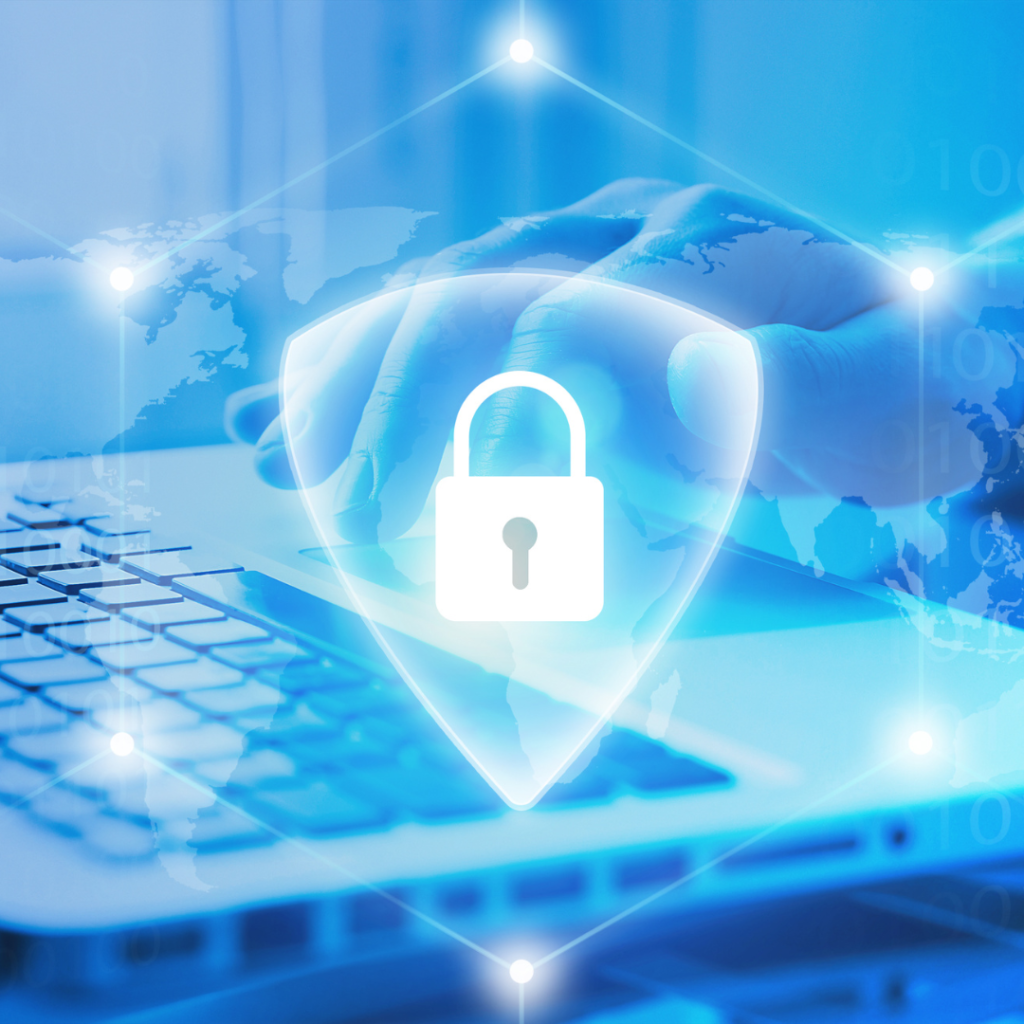By: Ali Cohen

In the rapidly evolving world of cybersecurity, organizations face an ever-expanding array of threats and vulnerabilities. With remote work becoming the new norm, advanced threats on the rise, and data protection regulations tightening, organizations must prioritize their security measures. Among these measures, endpoint protection has emerged as one of the first lines of defense. In this blog post, we will explore the current trends in cybersecurity that highlight the criticality of endpoint protection and how it helps organizations mitigate risks and safeguard their valuable assets.
- The Rise of Remote Workforce and BYOD:
The paradigm shift towards remote work and the widespread use of personal devices have significantly increased the number and diversity of endpoints accessing corporate networks. This expanded attack surface necessitates robust endpoint protection solutions to secure devices beyond the traditional network perimeter. By safeguarding individual endpoints, organizations can prevent unauthorized access, detect and respond to threats, and maintain a secure work environment. - Battling Advanced and Evolving Threats:
Cyber threats are becoming increasingly sophisticated, persistent, and adaptable. Traditional security measures alone are often insufficient to combat these advanced threats effectively. Endpoint protection solutions have evolved to detect and prevent advanced threats, including fileless malware, zero-day exploits, ransomware, and polymorphic malware that evade traditional detection methods. By adopting endpoint protection as a first line of defense, organizations can stay ahead of emerging threats and safeguard their sensitive data. - Endpoint Visibility and Control:
Achieving comprehensive endpoint visibility and control is crucial for effective cybersecurity. Endpoint protection solutions offer granular visibility and control over individual devices, enabling security teams to monitor, manage, and enforce security policies at the endpoint level. This level of control helps identify potential vulnerabilities, enforce compliance standards, and respond swiftly to security incidents. Organizations gain a better understanding of their security posture and can proactively address weaknesses to prevent potential breaches. - Zero Trust and Identity-Centric Security:
The Zero Trust security model has gained traction as a robust approach to cybersecurity. It emphasizes continuous authentication and verification of user identities and device trustworthiness before granting access to resources. Endpoint protection plays a pivotal role in verifying the security posture of endpoints, ensuring that only trusted devices gain access to critical systems and data. By implementing endpoint protection solutions, organizations can establish a Zero Trust environment and minimize the risk of unauthorized access. - Data Protection and Privacy Regulations:
Data protection and privacy regulations are becoming increasingly stringent, forcing organizations to enhance their security measures. Endpoint protection helps safeguard data on individual devices, ensuring compliance with regulatory requirements such as GDPR and CCPA. By implementing comprehensive endpoint protection solutions, organizations can protect sensitive data, avoid regulatory penalties, and maintain customer trust. - Cloud and Mobile Computing:
The proliferation of cloud services and mobile computing has revolutionized how organizations operate. However, it also introduces new security challenges. Endpoint protection solutions have adapted to secure cloud-based endpoints, providing encryption, access controls, and data loss prevention capabilities. By extending endpoint protection to these environments, organizations can maintain data security and control, regardless of where the data resides or is accessed.
In Conclusion
As cyber threats continue to evolve and organizations face increased risks, endpoint protection has emerged as a critical first line of defense. By securing individual devices and endpoints, organizations can fortify their networks, protect sensitive data, and mitigate the risk of cyberattacks. With remote work, advanced threats, and data protection regulations driving the need for robust endpoint protection, it’s essential for organizations to evaluate their security measures.
Take the proactive step of assessing your organization’s cyber health. DRP Solutions offers a complimentary cyber health assessment, providing valuable insights into your security posture and recommendations to enhance endpoint protection. Don’t wait until it’s too late—connect with DRP Solutions today to schedule your assessment and fortify your cybersecurity defenses.
Safeguard your organization from cyber threats and ensure your endpoints are protected.
Connect with DRP Solutions for a Complimentary Cyber Health Assessment!
